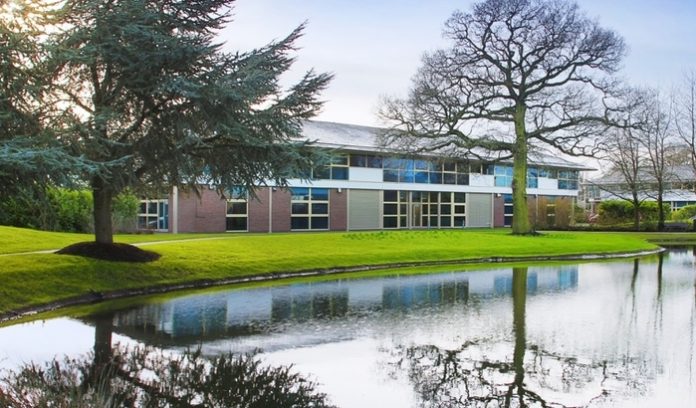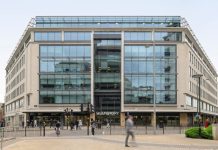The early months of lockdown gave the serviced offices’ sector a torrid time, but two West Midland observers predict a significant upturn from Q2 2021 onward – once companies and individuals have decided their new work models.
Richard Johnson, the managing director of UBC (UK) – who runs eight business centres across England from his Solihull Parkway head office on Birmingham Business Park – accepts that the industry has yet to see significant recovery, but points out that gloomy headlines fail to tell the full story.
”Across the sector, there was inevitably an immediate halt in current demand and reduced occupancy when the pandemic began. Predicted demand in all urban areas then fell sharply, typically by 30% – and sometimes more,” he says.
“However, data for the first nine months of 2020 now shows that the sector still managed to achieve 4% growth, which I think is a tribute to the speed at which changes were made, and particularly in the ability of operators to respond to the array of new challenges and develop Covid-secure workspace.”
Lockdown’s impact on urban economies was equally swift and visible, and their office landscapes still reveal that many companies have either furloughed employees or offered them the chance to work from home.
However, John Bryce, a director at Birmingham-based independent property agents KWB, says there’s also been a steady and consistent upturn in demand for serviced offices in out-of-town locations.
“It’s counter-intuitive given the avalanche of negative commentary about the future of offices we saw in the summer, but there are now clearly two influences acting in parallel, and I believe they’ll define the make-up of the office sector for years to come,” he says.
“In urban areas, many occupiers are still assessing their future needs for space. Equally, many of their employees are still deciding how to balance working from home against returning to the office.
“However, at the same time, companies and organisations who need space, but don’t want to commit to multi-year leases because they’ve evolved new and more agile ways of working are looking at suburban locations where lease lengths are significantly shorter.
”Concerns about the safety and availability of public transport – whether that is train, bus or tram – still remain, but the availability of a high level of parking spaces also makes out-of-town serviced offices more appealing.
”I think that once employers and employees have had time over Christmas to reflect how they want their 2021 to look, that more occupiers will look to take serviced space outside urban locations, and more individuals will choose to work away from our city centres.”
UBC’s Johnson agrees that flexibility of both lease and space are increasingly important, and identifies a third influence which is underpinning occupier decision-making.
“We’ve already seen major companies and organisations actively decentralising their workforces, and I don’t expect that trend to slow as we move into 2021. Once we reach Spring, I think we’ll see a significant and sustained upturn in the serviced offices’ sector.”





















